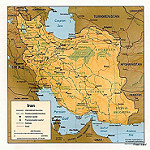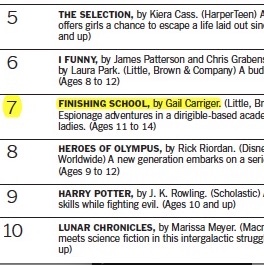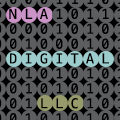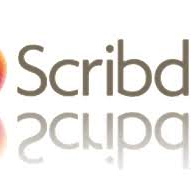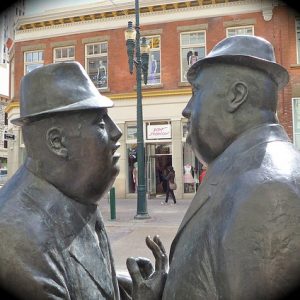The short answer is nothing. There actually isn’t much you can do.
Rarely discussed in publishing is the fact that certain countries don’t recognize or honor copyright law. Persian countries (including Iran and Iraq) are an excellent example of territories that don’t. Persian publishers will often translate popular novels and publish them in their countries without a license, and the author does not receive a dime as an advance or royalties.
Kind of shocking, isn’t it?
This situation has happened a number of times for my authors. We usually find out about unlicensed editions when an author receives fan mail or a lovely note from the translator. Even though the Persian publishers don’t feel much obligation to the author, we have found over the years that the translators actually do. And often they will reach out to the author and ask permission to do the translation—even though they know (and are quite apologetic) that the publisher has no plans to compensate the author in any way.

I have a special place in my heart for these morally centered translators.
So what can an author do when it becomes apparent that his or her books are being translated and published in countries that don’t honor copyright protection?
My answer is this. The author should offer to write a special foreword for the edition in exchange for a nominal fee. It’s my attempt to get the author at least some compensation. Yet so far no Iranian publisher has taken me up on this offer.
But I’m hopeful. Someday…
Photo Credit: Peta de Aztlan

